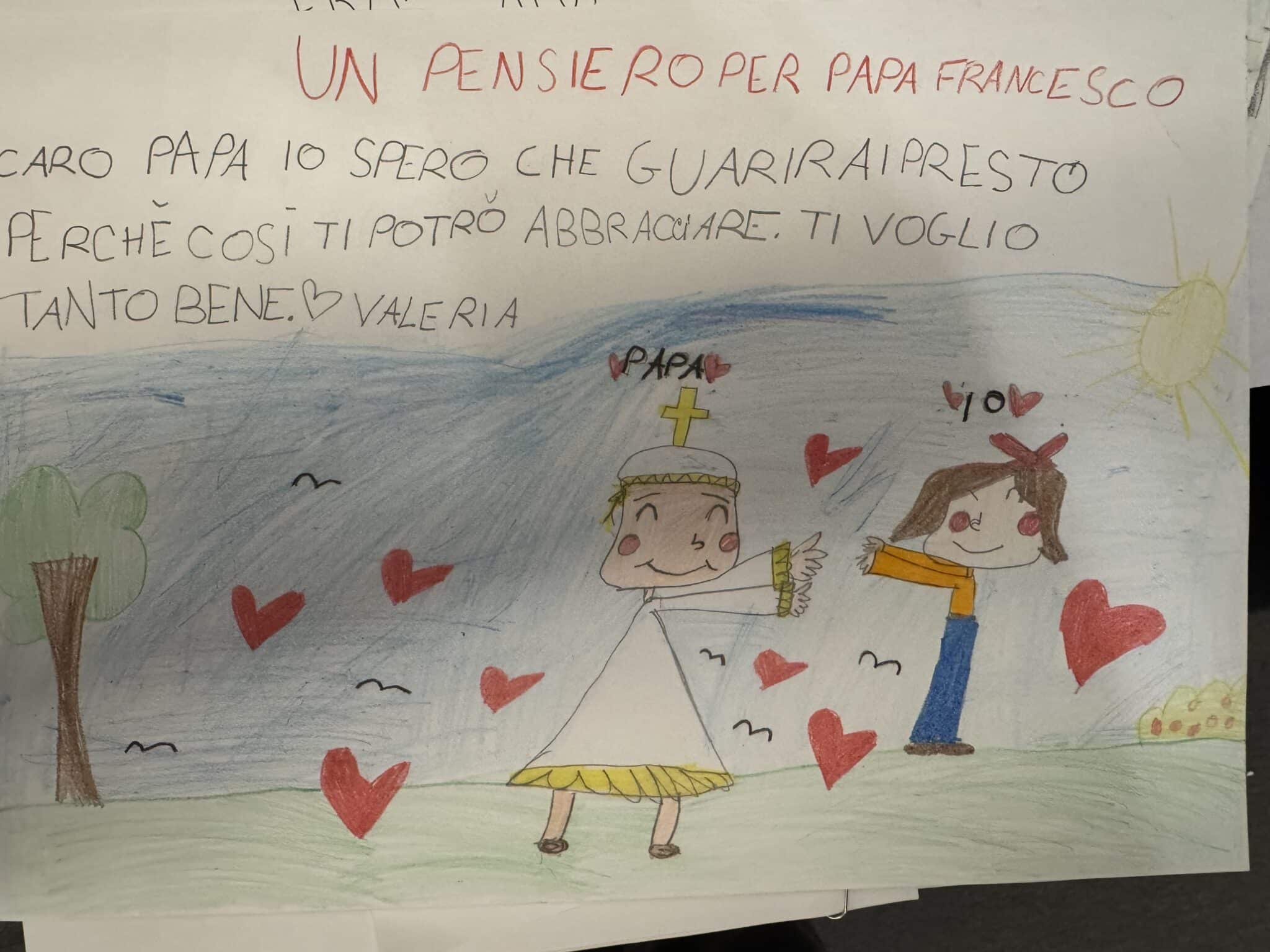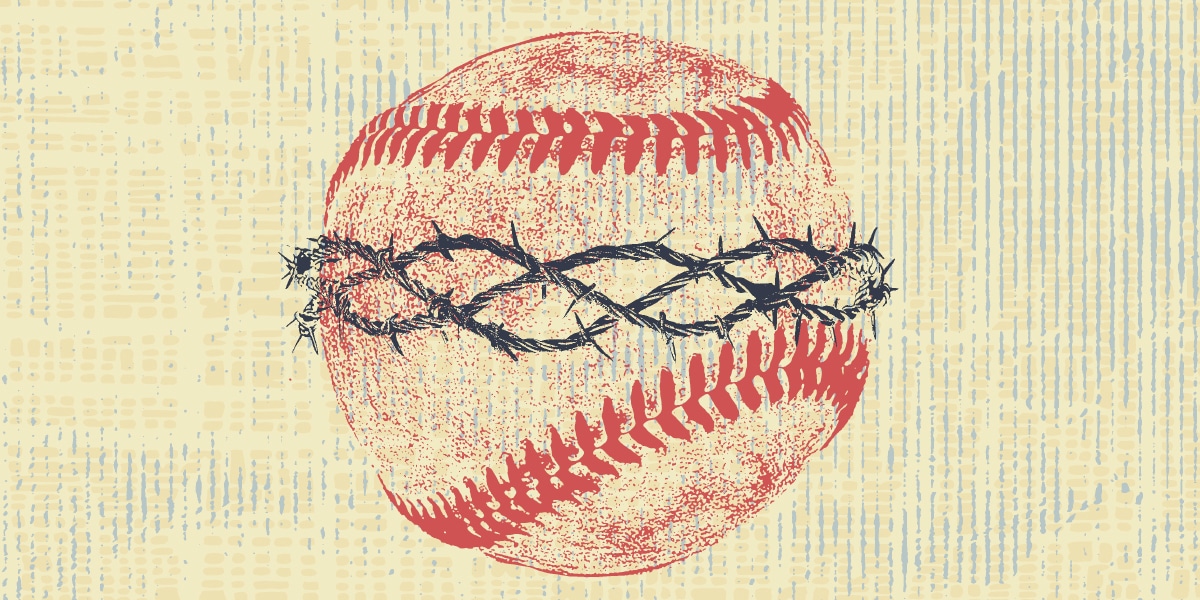WASHINGTON (CNS) — Some familiar brand names were put on the newest “Dirty Dozen” list of companies by the National Center on Sexual Exploitation for enabling exploitation.
Those names include Google Search, Netflix, Twitter, Meta and Visa.
Netflix and Twitter are repeats from 2021, as are Reddit and OnlyFans. Others making the list, released March 8, are Etsy, Kik, Verisign and Kanakuk Kamps.
“We oppose all forms of sexual abuse and exploitation,” said Lina Nealon, director of corporate and strategic initiatives for the center, during a video call announcing the 2022 version of the Dirty Dozen.
“Last year, the majority of the list were tech companies,” Nealon said, as they “reap soaring revenue without making substantive changes” to deter exploitation.
“We thought 2020 was bad,” she added. “The Internet Watch Foundation called 2021 the worst year on record for exploiting children online.”
Despite Google and parent firm Alphabet making improvements over the past year — such as, NCOSE noted, Google activating age-appropriate controls on school-bound Chromebooks last year — Google Search was named for 2022.
“We know that exploitation still occurs through Google/Alphabet’s many tools, often due to blind spots in policy or practice that — if fixed — could prevent countless abuses worldwide,” the center said.
“Meta owns Facebook, Instagram and WhatsApp: all of which are consistently under fire as primary places for grooming, sextortion, child sexual abuse materials, sex trafficking, and a host of other crimes and ills,” the center added.
Rather than beefing up online safety standards, it said, “Meta is prioritizing new projects and products, all while pursuing increased, sweeping encryption without sufficient provisions for child online safety which will aid predators in escaping detection and accountability.”
NCOSE received a report of a woman who was “gang-raped within one minute in the VR (virtual reality) room portal,” Nealon said, adding that it shouldn’t be called “virtual rape” because of the real emotions the woman felt from the assault.
“This company is ranked the worse for sex trafficking, predators” and other ills, Nealon said, “and a spokeswoman says they’re ‘working things out as it goes along.’ That’s chilling. Products should not be designed until they’re thoroughly vetted.”
As Netflix has grown to 200 million subscribers worldwide, “sociologists have identified a marked increase in graphic sex scenes and gratuitous nudity permeating Netflix shows,” NCOSE said. “Further, Netflix continues a trend of normalizing the sexualization of children and whitewashing the violence and exploitation in prostitution.”
“Pedophiles and other predators go to Twitter to trade in criminal content such as child sexual abuse and nonconsensual pornography. The platform is rampant with accounts and posts functioning as advertisements for commercial sex — including prostitution,” the center said.
“Twitter fails to adequately respond to its victims, claiming it cannot be held accountable for disseminating illegal material,” NCOSE said. “Twitter has even flatly refused to remove verified child sex abuse material from its site when asked by victims. Twitter must prioritize implementing robust and proactive efforts to remove sexual exploitation and abuse from its platform. Twitter must be held legally liable.”
Visa — not some Silicon Valley tech firm, but the credit card company — cut its ties in 2020 with Pornhub, but reestablished the relationship last year with Pornhub’s parent company “and other pornography websites,” NCOSE said.
The company also “failed to follow the example of Mastercard,” it said, “in requiring that sites hosting sexually explicit material implement common sense measures to prevent and remove illegal content.”
Mastercard is another firm the center touts as one of its success stories last year.
“Furthermore, Visa also allows transactions for brothels and prostitution websites. Visa should live up to its corporate social responsibility principles and stop buttressing the infrastructure of the exploitative commercial sex industry,” NCOSE said.
In addition to Mastercard and Chromebook, NCOSE listed Amazon, Google Ads, YouTube, Netflix, SnapChat, Wish, TikTok, Ebsco, Roku, Google Play, American Express, Visa, MasterCard, Comcast, PayPal and Discord among its success stories from 2021. Of these, Google, Visa and Discord landed on the 2022 Dirty Dozen.
Nealon said on the video call that NCOSE racked up “125 major victories that you and others like you have made happen.”
Noting that March 8, the date of the video call, was International Women’s Day, Nealon said that in addition to minors, “women, too, are experiencing sexual exploitation and violence,” and this constitutes “a rapidly growing crime against women — cybersexual terrorizing, revenge porn or deepfake pornography.”
Nealon added NCOSE is challenging Dirty Dozen companies “to live up to their (mission) statements,” which she said can sound “lofty,” but that companies should compare these statements “to the gravity of harms.”
By Mark Pattison | Catholic News Service







News & Commentary
Meta, Twitter, Netflix on ‘Dirty Dozen’ list for enabling exploitation
WASHINGTON (CNS) — Some familiar brand names were put on the newest “Dirty Dozen” list of companies by the National Center on Sexual Exploitation for enabling exploitation.
Those names include Google Search, Netflix, Twitter, Meta and Visa.
Netflix and Twitter are repeats from 2021, as are Reddit and OnlyFans. Others making the list, released March 8, are Etsy, Kik, Verisign and Kanakuk Kamps.
“We oppose all forms of sexual abuse and exploitation,” said Lina Nealon, director of corporate and strategic initiatives for the center, during a video call announcing the 2022 version of the Dirty Dozen.
“Last year, the majority of the list were tech companies,” Nealon said, as they “reap soaring revenue without making substantive changes” to deter exploitation.
“We thought 2020 was bad,” she added. “The Internet Watch Foundation called 2021 the worst year on record for exploiting children online.”
Despite Google and parent firm Alphabet making improvements over the past year — such as, NCOSE noted, Google activating age-appropriate controls on school-bound Chromebooks last year — Google Search was named for 2022.
“We know that exploitation still occurs through Google/Alphabet’s many tools, often due to blind spots in policy or practice that — if fixed — could prevent countless abuses worldwide,” the center said.
“Meta owns Facebook, Instagram and WhatsApp: all of which are consistently under fire as primary places for grooming, sextortion, child sexual abuse materials, sex trafficking, and a host of other crimes and ills,” the center added.
Rather than beefing up online safety standards, it said, “Meta is prioritizing new projects and products, all while pursuing increased, sweeping encryption without sufficient provisions for child online safety which will aid predators in escaping detection and accountability.”
NCOSE received a report of a woman who was “gang-raped within one minute in the VR (virtual reality) room portal,” Nealon said, adding that it shouldn’t be called “virtual rape” because of the real emotions the woman felt from the assault.
“This company is ranked the worse for sex trafficking, predators” and other ills, Nealon said, “and a spokeswoman says they’re ‘working things out as it goes along.’ That’s chilling. Products should not be designed until they’re thoroughly vetted.”
As Netflix has grown to 200 million subscribers worldwide, “sociologists have identified a marked increase in graphic sex scenes and gratuitous nudity permeating Netflix shows,” NCOSE said. “Further, Netflix continues a trend of normalizing the sexualization of children and whitewashing the violence and exploitation in prostitution.”
“Pedophiles and other predators go to Twitter to trade in criminal content such as child sexual abuse and nonconsensual pornography. The platform is rampant with accounts and posts functioning as advertisements for commercial sex — including prostitution,” the center said.
“Twitter fails to adequately respond to its victims, claiming it cannot be held accountable for disseminating illegal material,” NCOSE said. “Twitter has even flatly refused to remove verified child sex abuse material from its site when asked by victims. Twitter must prioritize implementing robust and proactive efforts to remove sexual exploitation and abuse from its platform. Twitter must be held legally liable.”
Visa — not some Silicon Valley tech firm, but the credit card company — cut its ties in 2020 with Pornhub, but reestablished the relationship last year with Pornhub’s parent company “and other pornography websites,” NCOSE said.
The company also “failed to follow the example of Mastercard,” it said, “in requiring that sites hosting sexually explicit material implement common sense measures to prevent and remove illegal content.”
Mastercard is another firm the center touts as one of its success stories last year.
“Furthermore, Visa also allows transactions for brothels and prostitution websites. Visa should live up to its corporate social responsibility principles and stop buttressing the infrastructure of the exploitative commercial sex industry,” NCOSE said.
In addition to Mastercard and Chromebook, NCOSE listed Amazon, Google Ads, YouTube, Netflix, SnapChat, Wish, TikTok, Ebsco, Roku, Google Play, American Express, Visa, MasterCard, Comcast, PayPal and Discord among its success stories from 2021. Of these, Google, Visa and Discord landed on the 2022 Dirty Dozen.
Nealon said on the video call that NCOSE racked up “125 major victories that you and others like you have made happen.”
Noting that March 8, the date of the video call, was International Women’s Day, Nealon said that in addition to minors, “women, too, are experiencing sexual exploitation and violence,” and this constitutes “a rapidly growing crime against women — cybersexual terrorizing, revenge porn or deepfake pornography.”
Nealon added NCOSE is challenging Dirty Dozen companies “to live up to their (mission) statements,” which she said can sound “lofty,” but that companies should compare these statements “to the gravity of harms.”
By Mark Pattison | Catholic News Service